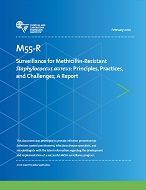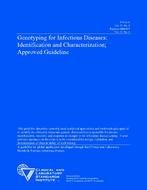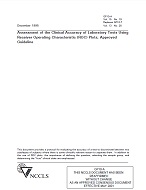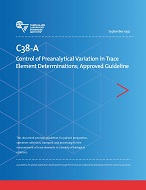Methicillin-resistant Staphylococcus aureus (MRSA) infections continue to be significant causes of morbidity and mortality worldwide in both health care and community settings. One strategy to reduce the transmission, particularly of MRSA, in health care settings is to conduct active surveillance of patients admitted to hospitals or other health care facilities for colonization using culture- or molecule-based identification methods. Because colonized patients serve as a reservoir of infection both for themselves and other patients, placing colonized patients in contact isolation with barrier precautions can reduce the spread of MRSA. Additional steps to decolonize the patient using mupirocin and chlorhexidine baths can further reduce transmission. CLSI document X07–R–Surveillance for Methicillin-Resistant Staphylococcus aureus: Principles, Practices, and Challenges; A Report was developed to provide microbiologists, infection preventionists (infection control practitioners), and infectious disease specialists with both laboratory and infection control information regarding the development and implementation of a successful MRSA surveillance program. Information on surveillance of health care workers and animals for MRSA is also provided.

CLSI M55-R
Original price was: $107.00.$53.00Current price is: $53.00.
Surveillance for Methicillin-Resistant Staphylococcus aureus: Principles, Practices, and Challenges; A Report, X07RE
Clinical and Laboratory Standards Institute , 02/01/2010





